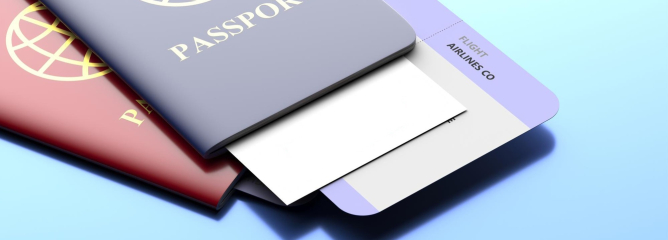
Kuwait (State of Kuwait) is located in the southwestern part of Asia, on the eastern coast of the Persian Gulf. Borders with Iraq and Saudi Arabia. It is washed by the waters of the Persian Gulf in the south. The capital is Kuwait City, the scientific, political, cultural and economic center of the country. The form of government is a constitutional monarchy. The head of state is the emir. Religion - Islam.
Climate. Kuwait has a hot desert climate with high temperatures in summer and mild winters. Summer is very hot. Temperatures may exceed 50°C. During the winter months, temperatures range between 18°C - 25°C. Sandstorms may occur during hot periods.
Number. In 2022, the estimated population was 4,294,621.
Language. The official and national language is Arabic. It is used in government institutions, education and in everyday life.
English is also widely used in business and education, and many Kuwaitis speak it at a conversational level.
Kuwait's economy is one of the most developed in the Gulf region and depends on the production and export of oil and natural gas. These resources play a key role in the country's economy. Oil and gas are Kuwait's main exports and a major source of revenue for the government.
Kuwait is investing in developing its infrastructure, including roads, ports and airports. This contributes to the development of the transport and logistics sector. The country is also developing its financial sector, including banking and securities infrastructure. The Kuwait Stock Exchange is one of the largest in the region. The country is seeking to reduce its dependence on oil revenues and diversify its economy. This includes the development of sectors such as tourism, health and education.
Kuwait is one of the richest countries in the world thanks to oil revenues, and many Kuwaitis have a high standard of living. Ordinary Kuwaitis have access to modern amenities such as good roads, education and health care. The country also offers a variety of entertainment, travel and shopping opportunities.
Kuwait invests heavily in education. Basic and secondary education is free for all citizens. The state also has a number of universities and educational institutes providing higher education.
Kuwait has a public healthcare system that provides free medical care to local residents. The government is also investing in modern medical facilities and technology. Many Kuwaitis work in the public sector, which provides high-paying jobs. Kuwait provides social benefits to its citizens, including food and fuel subsidies, and housing support.
Kuwait's culture is rich in traditions and customs, which may vary depending on ethnicity and religious beliefs. Kuwait's culture and customs are rich and deeply rooted in the country's history and religion. They reflect the rich cultural heritage and traditions of Kuwaiti society. The majority of residents follow Sunni Islam, but there is also a Shia minority.
Religious holidays and rituals have deep meaning and respect in society. Family is of high importance in Kuwaiti culture. Families are usually very close and support each other. Parents and older family members play an important role in raising children.
Traditional Kuwaiti cuisine includes a wealth of local products such as fish, vegetables and meat. Rice and bread also play an important role in nutrition. Dishes can be aromatic and seasoned with spices. Kuwait hosts many cultural and religious events and celebrations. They honor Ramadan, a holy month of fasting during which Muslims abstain from food and drink from dawn to sunset. This is a time for family gatherings and respect for religious practices.
The country has a rich literary and artistic tradition. Many Kuwaiti artists and writers have achieved fame on the world stage. Kuwait's culture combines modern elements and traditional values, making it unique and interesting. Religious practices and family values remain cornerstones of Kuwaiti identity.
